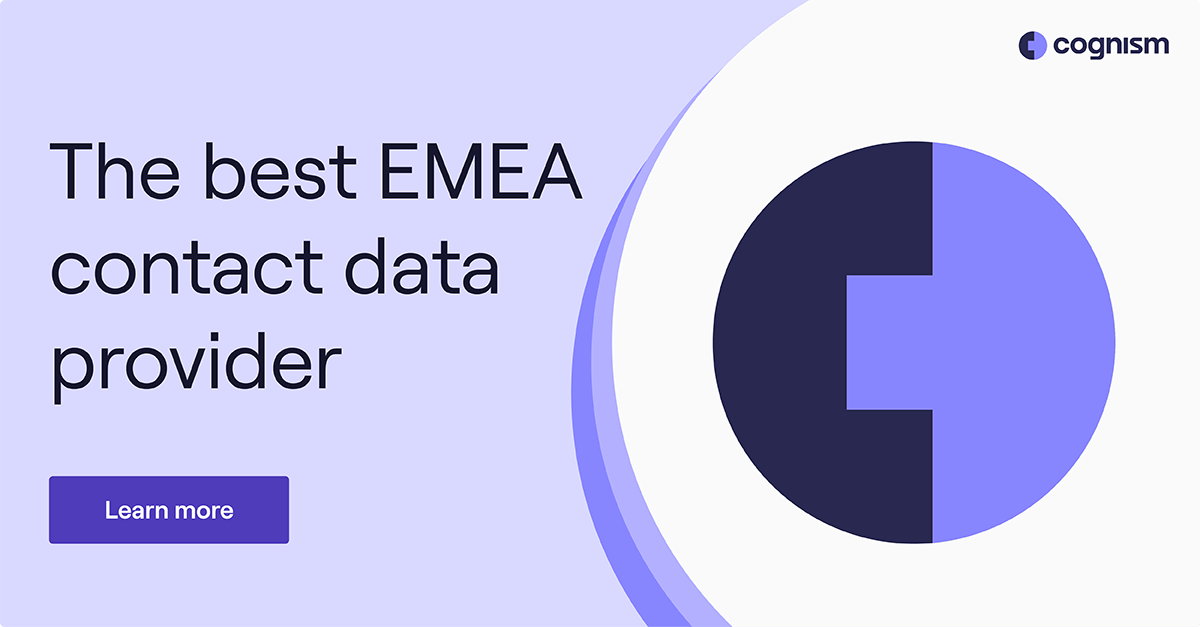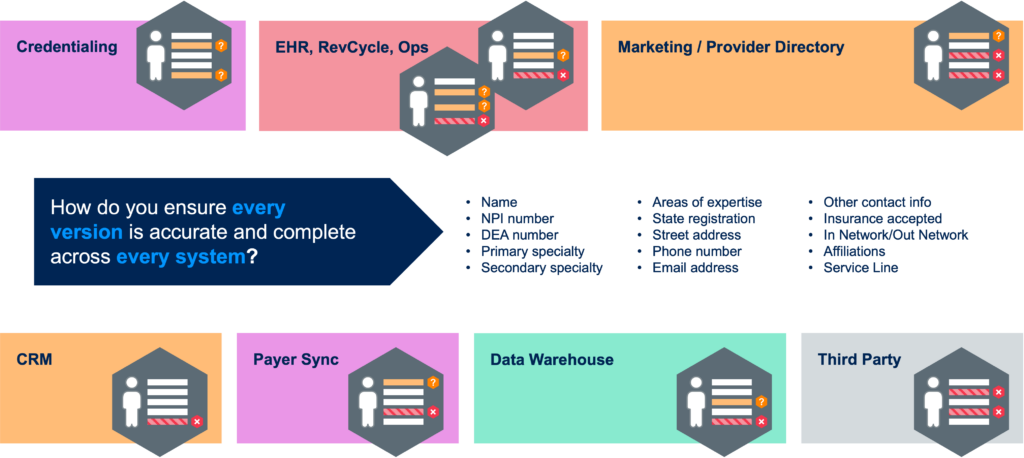Picking the Right Database Provider for Your Organization Requirements
Picking the Right Database Provider for Your Organization Requirements
Blog Article
Trick Functions to Seek When Choosing a Data Source Supplier
Choosing a database provider is a critical decision that can dramatically impact your organization's operations and data administration method. Among the necessary attributes to take into consideration are scalability alternatives, which ensure that your system can adapt to growing needs.
Scalability Options
When selecting a data source provider, understanding scalability options is important to making sure that the selected service can fit future growth. Scalability refers to the ability of a database system to expand its capacity and efficiency in feedback to raised need. There are two main kinds of scalability: upright and horizontal.
Vertical scalability, or "scaling up," entails boosting a solitary server's resources, such as CPU, RAM, or storage space. This technique can be uncomplicated and economical for smaller sized applications yet may reach a restriction where better upgrades are not practical or as well expensive.
Straight scalability, or "scaling out," includes adding more web servers to distribute the lots. This technique permits greater adaptability and can accommodate substantial boosts in data quantity and individual website traffic (database provider). It is especially useful for cloud-based data source solutions that can dynamically allot resources based upon need

Safety And Security Steps

When assessing safety procedures, think about the application of encryption protocols (database provider). Data-at-rest and data-in-transit encryption are vital to ensure that delicate details continues to be protected, even in case of a safety violation. In addition, seek carriers that use strong authentication devices, such as multi-factor authentication (MFA), to additionally improve accessibility control
Routine security audits and conformity with industry requirements, such as GDPR or HIPAA, are indicative of a supplier's commitment to information protection. Furthermore, ask about their case reaction strategy; a robust plan can decrease the effect of any possible safety case.
Performance Metrics
Evaluating efficiency metrics is important for companies to guarantee that their picked database copyright satisfies functional demands. Key performance metrics consist of reaction throughput, scalability, and time, which collectively figure out the efficiency of database procedures under differing loads.
Action time is crucial, as it reflects exactly how promptly the database can process queries and return results. Organizations ought to look for metrics that indicate ordinary action times throughout top and off-peak hours. Throughput, usually measured in purchases per 2nd (TPS), offers understanding right into the data source's ability to deal with high quantities of demands without performance degradation.
Scalability examines the data source's ability to expand with the organization's needs. A robust database supplier need to show horizontal and vertical scaling capabilities, enabling for seamless modifications as needs change. In addition, recognizing latency, specifically in dispersed systems, can aid companies evaluate the responsiveness of the data source throughout various geographical areas.
Client Support
Reputable client support is a cornerstone of effective data source administration, offering organizations with the assistance required to settle problems and maximize performance. When picking a data source company, assessing the level of consumer support they offer is essential. A durable support group should consist of numerous networks of communication, such as phone, email, and live conversation, making certain that individuals can access help whenever they require it.
Additionally, receptive support groups that are offered 24/7 greatly improve the reliability of the data source solution. Trigger feedback times my link and reliable resolution of problems can substantially lower downtime and increase overall efficiency. It is additionally useful to consider the schedule of dedicated assistance employees, that can provide customized help based upon a company's particular needs.

Rates Framework
When considering a database company, the pricing structure is a crucial variable that can considerably impact an organization's budget and total approach. A adaptable and clear rates design is crucial for straightening the data source next costs with service needs - database provider. Organizations should examine whether the prices is based upon intake, per user, or a flat price, as each model can yield different monetary ramifications gradually
It is important to examine any kind of added expenses related to the supplier's services, such as information storage space costs, transaction prices, and support costs. Some companies might offer tiered rates, enabling scalability as the organization expands, while others might enforce stringent limits that could become pricey as data requirements enhance.
In addition, organizations should consider the long-lasting worth of the data source service. While reduced initial costs can be attractive, they may not account for future upgrades, upkeep charges, or integration costs. Performing a comprehensive cost-benefit analysis will aid identify the most ideal prices structure that stabilizes assistance, performance, and scalability, ultimately making certain that the selected data source service provider lines up with the organization's operational and economic goals.
Verdict
In verdict, selecting a data source company necessitates careful consideration of numerous essential attributes. Scalability alternatives Read Full Report guarantee versatility to future growth, while robust safety and security measures secure delicate details. Assessing efficiency metrics enables the recognition of effective databases, and easily accessible client support enhances the overall individual experience. A clear prices structure further adds to informed decision-making. By extensively analyzing these variables, companies can make critical options that line up with their long-term purposes and operational requirements.
Choosing a data source supplier is a crucial choice that can considerably affect your organization's information and procedures management method.When picking a data source service provider, comprehending scalability choices is crucial to ensuring that the picked option can fit future development. When selecting a database provider, evaluating the level of consumer support they provide is crucial.When taking into consideration a database supplier, the prices framework is a pivotal element that can considerably impact an organization's budget and overall strategy. Carrying out a comprehensive cost-benefit evaluation will assist identify the most appropriate rates framework that stabilizes scalability, assistance, and performance, eventually ensuring that the chosen data source service provider straightens with the company's economic and functional goals.
Report this page